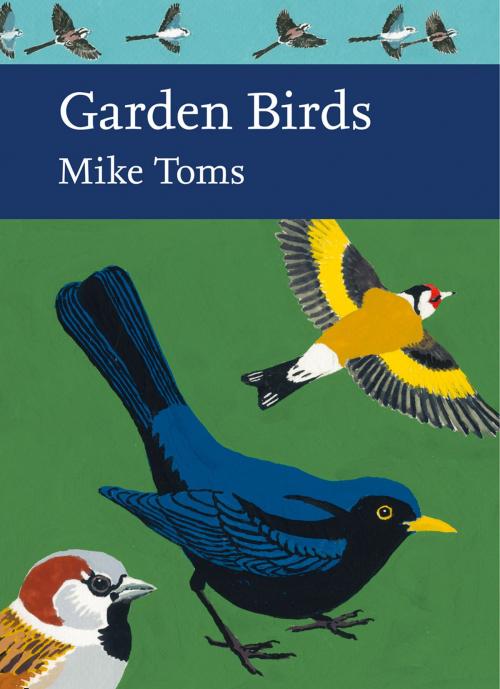Garden Birds (Collins New Naturalist Library, Book 140)
Nonfiction, Science & Nature, Nature, Environment, Ecology, Animals| Author: | Mike Toms | ISBN: | 9780008164768 |
| Publisher: | HarperCollins Publishers | Publication: | July 25, 2019 |
| Imprint: | William Collins | Language: | English |
| Author: | Mike Toms |
| ISBN: | 9780008164768 |
| Publisher: | HarperCollins Publishers |
| Publication: | July 25, 2019 |
| Imprint: | William Collins |
| Language: | English |
Gardens make a significant contribution to the amount of urban green space and are the main contributors to urban biodiversity. Birds are one of the most visible components of this urban biodiversity, and many of us enjoy attracting wild birds into our gardens. This timely addition to the New Naturalist Library examines the ways in which birds use gardens, revealing the many new discoveries that are being made and explaining why individual species of bird use gardens in the ways that they do. Why, for example, do Blackcaps now winter in UK gardens – favouring those in the southwest and those that are urban in nature – and why do Siskins increase their use of garden feeders on damp winter days? With a growing human population, the process of urbanisation is set to continue and it is important to recognise the impacts that urbanisation will have on bird populations and the community of species making a living within the built environment. Although many people do not regard themselves as birdwatchers, most of those who seek to attract wild birds into their gardens do so because they enjoy watching them. Some have taken their interest further by becoming involved in citizen science projects that have helped to develop our understanding of how and why birds use our gardens and the resources that they provide. This research demonstrates the role that gardens play in the ecology of many wild bird populations and reveals insights that continue to fascinate a growing audience, increasingly interested in the wildlife that lives alongside them.
Gardens make a significant contribution to the amount of urban green space and are the main contributors to urban biodiversity. Birds are one of the most visible components of this urban biodiversity, and many of us enjoy attracting wild birds into our gardens. This timely addition to the New Naturalist Library examines the ways in which birds use gardens, revealing the many new discoveries that are being made and explaining why individual species of bird use gardens in the ways that they do. Why, for example, do Blackcaps now winter in UK gardens – favouring those in the southwest and those that are urban in nature – and why do Siskins increase their use of garden feeders on damp winter days? With a growing human population, the process of urbanisation is set to continue and it is important to recognise the impacts that urbanisation will have on bird populations and the community of species making a living within the built environment. Although many people do not regard themselves as birdwatchers, most of those who seek to attract wild birds into their gardens do so because they enjoy watching them. Some have taken their interest further by becoming involved in citizen science projects that have helped to develop our understanding of how and why birds use our gardens and the resources that they provide. This research demonstrates the role that gardens play in the ecology of many wild bird populations and reveals insights that continue to fascinate a growing audience, increasingly interested in the wildlife that lives alongside them.















